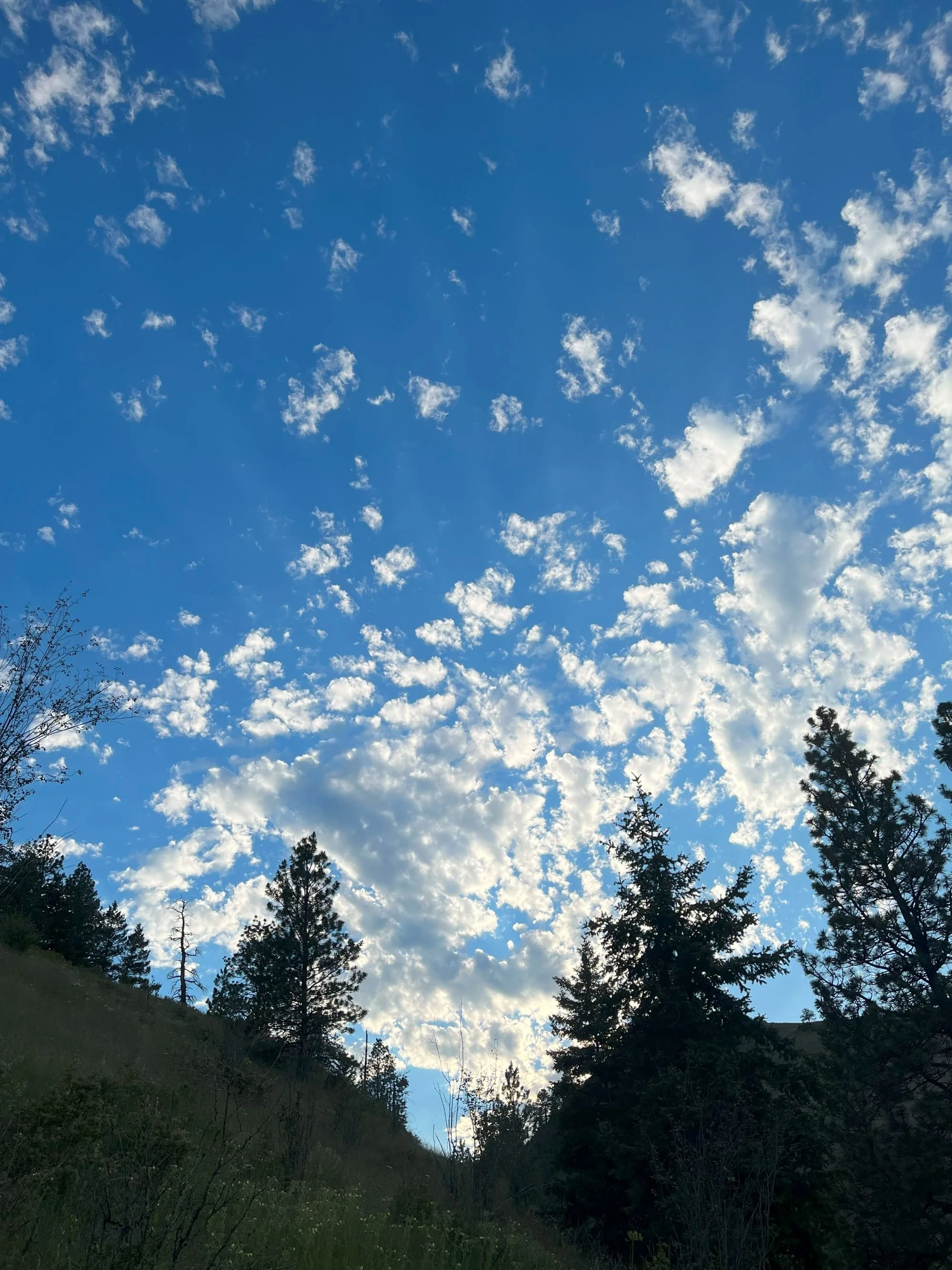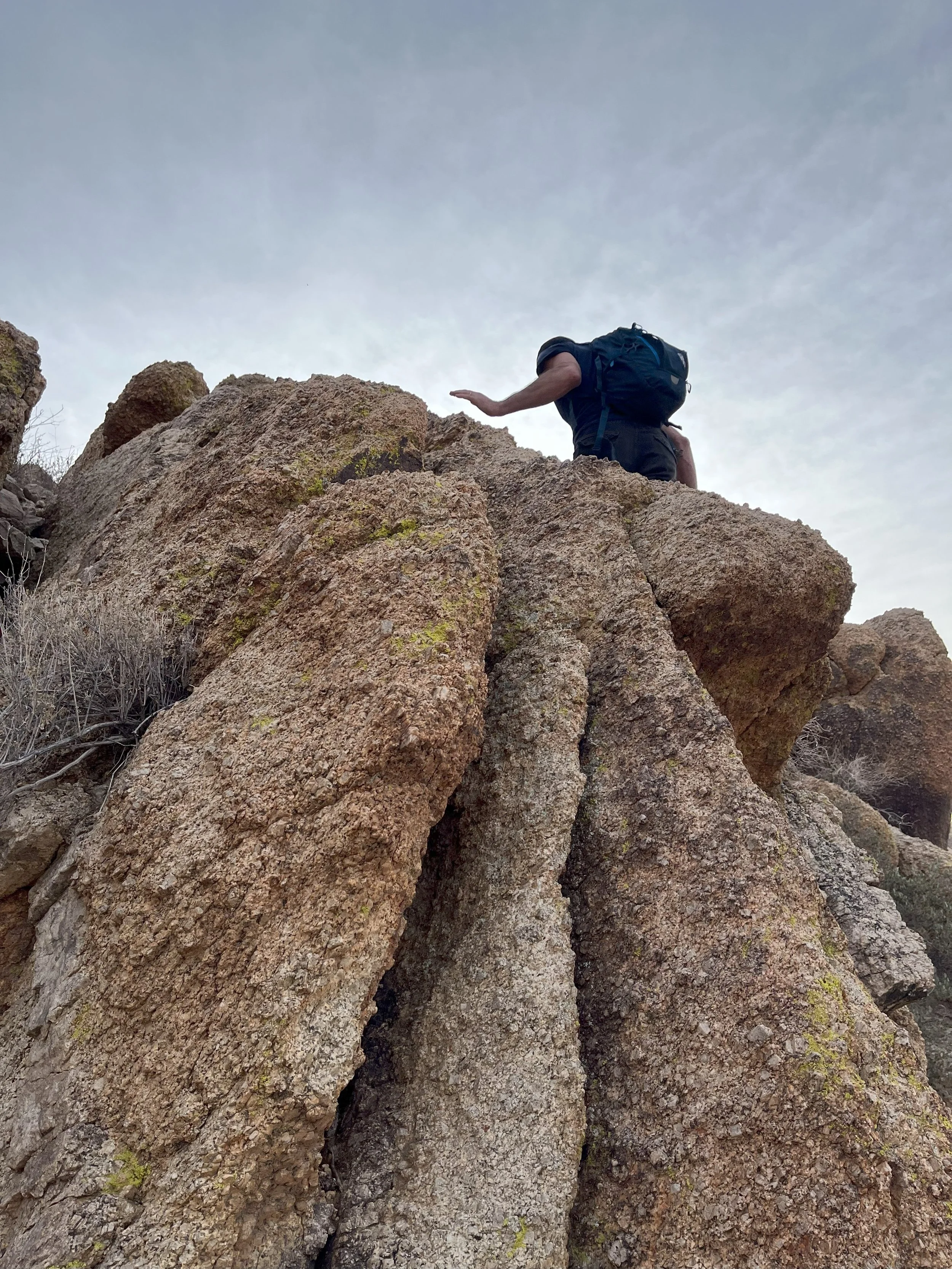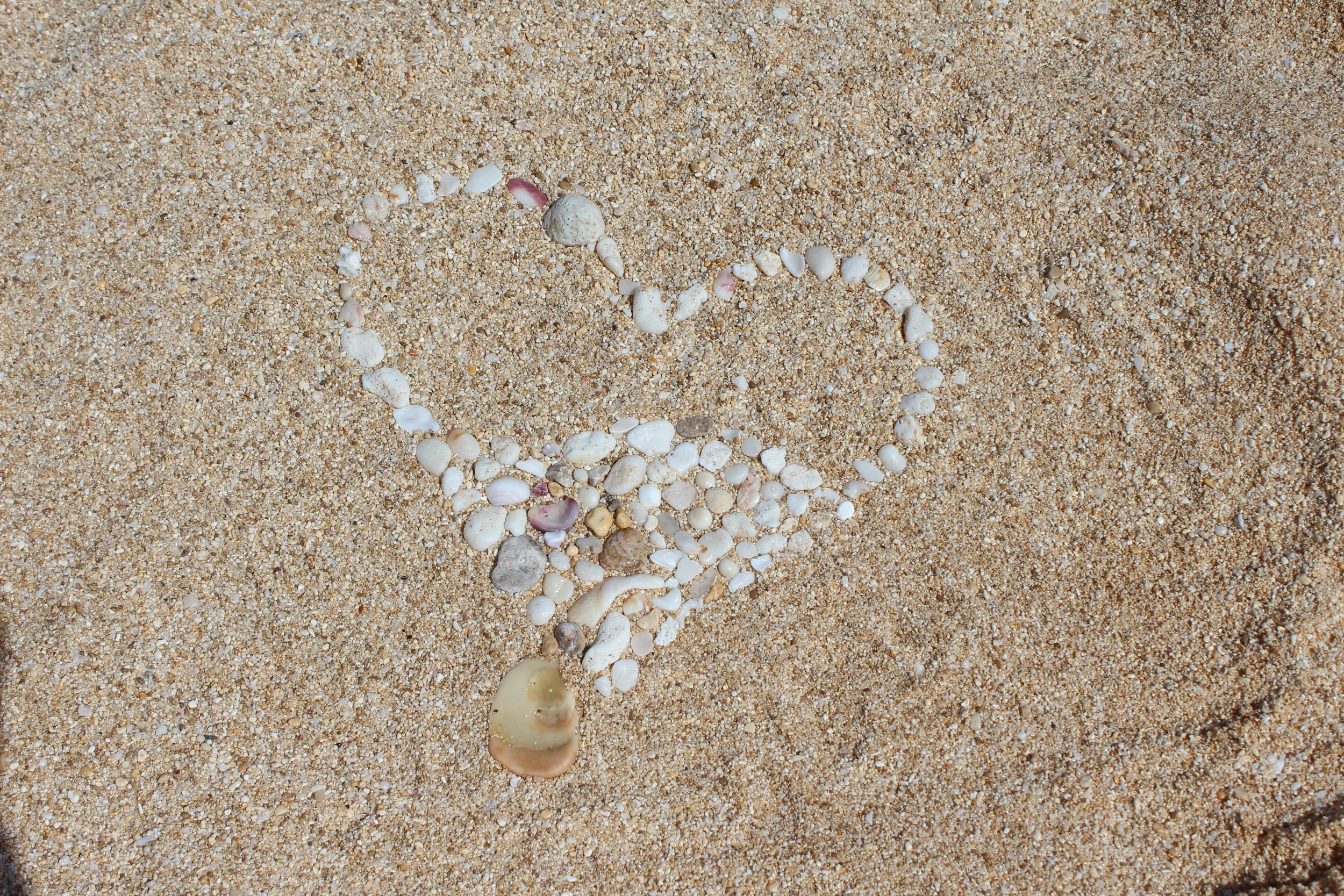
Our Team
Julie Alessandra
Founder and Head Coach
Julie Alessandra has degrees in biology and education, is a graduate of the Institute of Integrative Nutrition, and is a member of the Quantum Biology Collective, a professional organization for health practitioners who are certified in Applied Quantum Biology. Quantum biology focuses on meeting the body’s needs at the cellular and subatomic levels which leads us to make improvements to our environment and routines resulting in better cellular hydration, membrane redox potential, and mitochondrial health. Julie is passionate about teaching and learning. She continues to dive into learning each day, especially through her relationships with her husband, grown children, and the natural world.
Joe Corsini, PhD
Technical Cancer Support
Dr. Corsini received a B.S. in Chemistry and Biochemistry from the University of Idaho. He earned his Ph.D. studying viruses and cancer biology at Colorado State University. After his Ph.D. he completed five years of postdoctoral studies, including a year at the University of Colorado School of Medicine and a year and a half at the Weizmann Institute and Ben Gurion University of the Negev in Israel working with recombinant parvoviral gene delivery vehicles. He currently teaches the molecular aspects of living systems in upper division Microbiology and Immunology courses to pre-health professions students. His current research interests are varied and include restoration ecology, Oligocene turtles, and the theoretical basis of cancer. He enjoys traveling and cooking with his wife, Julie Alessandra, rock climbing and fishing with his sons, riding his mountain bike, and spending time with his granddaughter.
Julie Alessandra
At the age of 53, I was diagnosed with breast cancer during a routine mammogram. Though I encountered many highly skilled and well-meaning medical professionals during my treatment, I never found any satisfying answers in our conventional medical system to explain the root causes of my illness. Through that experience, I also learned of the critical need for patients to empower themselves as their own advocates because there is no one who is looking at the whole picture of you or educating you on all of the options that are available. When you have cancer, you are not seen as an individual but rather as a statistical probability whose safest option is to run through a standardized treatment protocol and doctors are limited in what they can offer based on insurance regulations and the current paradigm of western medicine.
Like many women, I had noticed my health start to decline in my 40s. I was experiencing gut dysbiosis which eventually led to chronic inflammation, unexplained weight gain, and difficulty sleeping. At the time, I understood this to be a normal perimenopausal experience. We’re told it’s normal but really, it’s just common. Being diagnosed with cancer forced me to dig deeper and finally understand what was happening in my body. The symptoms I was experiencing were warning signs that things were going wrong, things that can result in more serious disease states like cancer. Now I know what I need to do to become more healthy each year instead of experiencing a continuous decline. Like many of life’s challenges, cancer can be a gift that motivates you to transform your life. That is what I have chosen for myself and I want to support you to do that too.
Joe Corsini, PhD
Cancer has haunted the years of my adult life, and cancer diagnosis in mentors, colleagues, relatives, friends, and loved ones has led me to the point of reevaluating my life and professional interests. My first encounter was with my postdoctoral mentor at the University of Colorado School of Medicine - a squamous cell carcinoma containing human papilloma virus sequences. Then it was my 40-year old sister in-law with a B cell lymphoma, in the end untreatable. After that, colleagues at the university with prostate and colorectal cancer. More recently, my father, still camping and hiking in the Mojave desert at 80, with an extremely rare and ultimately untreatable retroperitoneal liposarcoma. And most disturbingly, my wife and friend, Julie, recently diagnosed and treated for invasive ductile carcinoma of the breast. In supporting both my father and Julie through their respective whirlwinds of doctors, nurses, CT scans, MRI's, pathology reports, and appointment schedules, I realized that while our healthcare providers save and prolong lives every day, the system in which they work has serious problems. We experienced denied insurance claims, poor channels of information transfer, mis-scheduling, and botched surgeries. Clinicians with only 15 minutes to spare for your case, or unwilling to listen to requests for more information about potential treatments, and at times unable to prescribe viable options supported by the medical literature because they are not 'standard of care'.
Throughout this process, often stressful and sometimes maddening, I was able to help interpret reports and attend meetings with doctors, asking questions that led to more involved discussion and expanded treatment options. At some point in that swirl of stress and hope, I suddenly realized that I could use my skills and knowledge in a way I had not previously considered: I could bridge a deep rift in our system, helping cancer patients (who usually only see their oncologist once every six weeks) understand technical aspects of their diagnosis and the science behind their treatment and prevention options (including sunlight and regular contact with the natural world). In turn, this would empower them to make highly informed decisions about their own care and, in combination with essential lifestyle changes, alter the trajectory of their lives. Inspired by this realization, I am now using my skills to help others map their road to recovery and long-term health.









